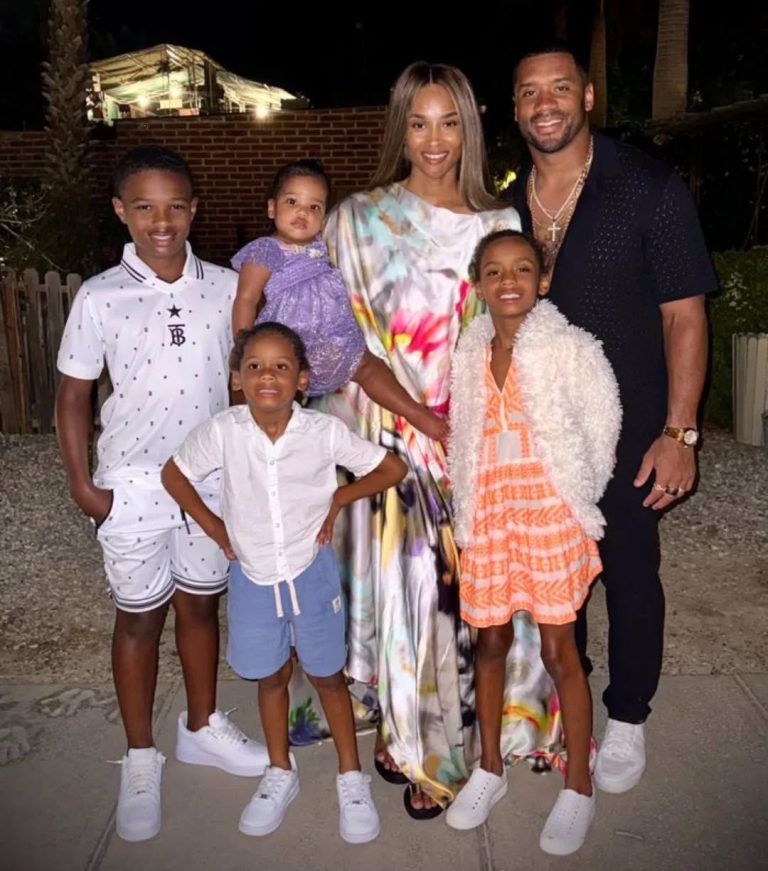Future, the rapper whose real name is Nayvadius DeMun Wilburn, stands as a dominant force in today’s global hip-hop scene. Behind the scenes, however, the roots of his journey run deep into family complexity, sacrifice, and resilience—qualities shaped largely by those closest to him in Atlanta. His parents, most notably his business-savvy mother, Stephanie Jester, and the broader network of extended family, played central roles in steering Future away from the dead ends of inner-city life and toward the heights of cultural stardom. For a UK audience keen to understand the real stories behind music icons, Future’s family tale reveals the power of mentorship, discipline, and relentless ambition.
Early Life in Atlanta: Family Structure and Struggles
Born on 20 November 1983, Future grew up in Atlanta’s Kirkwood neighbourhood—known locally as “Lil Mexico”—a community hit hard by the effects of drug epidemics and a shortage of stable opportunity. His birth name, Nayvadius DeMun Wilburn, reflects his roots in a family that valued determination and adaptability, but one also marked by setbacks. His father left when Future was around ten years old, leaving his mother to juggle work and solo parenting duties. This absence left a profound impact yet also solidified the role of women—mainly his mother and grandmother—in anchoring his upbringing.
A Mother’s Guidance: The Force Behind Future
Stephanie Jester, Future’s mother, wore multiple hats during his childhood. She worked long hours—at times as a 911 operator, at other times managing businesses—to provide for the family. Reports highlight how, due to these hours, Future’s grandmother took on caregiving duties during much of his early youth. Nonetheless, his mother remained both practical and visionary, steering her son away from trouble when possible and emphasising the importance of education, sports, and community involvement.
Stephanie’s influence extends well beyond her role as a parent. She became Future’s long-time manager, business partner, and the COO of his Freebandz label. She’s also a philanthropist, running Free Wishes Foundation, a nonprofit offering youth mentorship, skills training, and health initiatives throughout Atlanta. UK readers might notice strong parallels to British mums who juggle family, work, and community, often providing the emotional safety net that allows children to chase the extraordinary.
Extended Family: The Influence of Rico Wade
Family for Future did not just mean his biological parents, but also an extended network of cousins and mentors. Chief among them was Rico Wade, a cousin and influential Atlanta music producer. Rico was a member of the renowned Dungeon Family collective, home to OutKast and Goodie Mob, and spearheaded Organized Noize—a production group behind landmark Southern hip-hop albums. Wade’s early belief in Future brought him into the studio environment; he encouraged Future to channel his passion into songwriting and performing rather than street hustling.
Rico Wade essentially became a father figure and career guide at a time when Future desperately needed structure and direction. His advice set Future on a path he might not otherwise have chosen. For many UK families, the role of the older cousin or uncle is a familiar dynamic, especially in communities where flexible support networks help fill in for absent parents.

Adolescence and Turning Points
Future’s teenage years included brushes with violence and risk. At sixteen, he was shot in the hand—a pivotal moment that became a warning signal for the direction his life could go without change. Instead of resigning to the streets, he threw himself into music, supported by his mother and inspired by Rico Wade’s faith in his talent.
Stephanie Jester kept Future involved in school sports and steered him away from criminal associations. In interviews, she has said she always recognised her son’s star potential, nurturing his competitive drive and confidence. Even when financial hardship forced difficult decisions, the Wilburn household prioritised hope for the next generation, echoing values celebrated in many UK immigrant and working-class households.youtube
Business, Philanthropy, and Moving Beyond Music
Today, Stephanie Jester remains central to Future’s business dealings. She built a range of businesses—real estate, event marketing, and charitable outreach—further reinforcing the importance of generational achievement. Her Free Wishes Foundation actively develops community health and skills programmes in Atlanta, especially benefiting children and the elderly. Jester’s entrepreneurial ambition strikes a chord with UK audiences, where women-led grassroots organisations are vital to local progress.
Future’s ability to combine raw talent with business discipline testifies to a family culture ready to adapt and persevere. While Stephanie Jester is clear about boundaries (she’s said to neither “sugarcoat” advice nor shy away from tough truths), her love and mentorship underpin almost every step of Future’s career.
Reflections: Lessons for UK Audiences
For those in the UK wrestling with questions about urban transformation, family stability, and routes out of adversity, Future’s story holds particular meaning. He emerged from a context riddled with setbacks, largely due to the influence and hard work of his mother, grandmother, and critical extended family members. Stephanie Jester’s journey—from a working single mum in Atlanta to a business leader and voice for the underprivileged—epitomises how the backbone of family can shape, protect, and propel new generations.
As British children and parents battle similar challenges—from social inequality to finding space for creativity—Future and his family stand as reminders that success is rarely individual. It grows from roots planted by mentors, nurtured by enduring love, and watered with unrelenting determination.
Read More: erin angle bernthal


